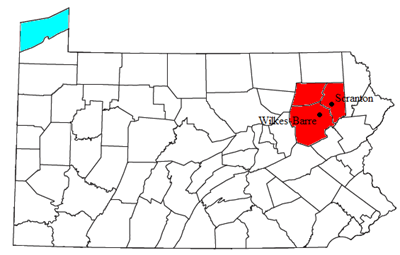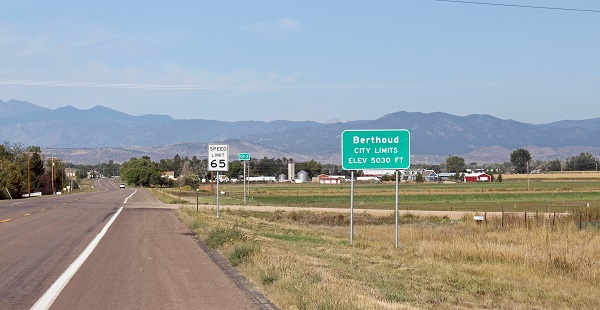
Fast, affordable Internet access for all.

The city of Scranton, Pennsylvania has issued a request for qualifications (RFQ) for vendors that may be tasked with constructing an affordable citywide fiber network. City leaders say the RFQ is the opening chapter in a bid to bring affordable broadband access to city residents long neglected by dominant regional monopolies.
According to the full RFQ, officials are looking for partner companies capable of building a citywide network capable of providing 1 Gbps (gigabit per second) download and upload speeds to all premises in the City of Scranton, as well as expanded fiber access for city municipal services and key anchor institutions.
“The City does not require municipal ownership of the fiber or a City operational role,” the RFQ states. “However, the City does request connectivity to certain City sites, a 40-year indefeasible right of use (IRU) for 12 strands of fiber for municipal noncommercial purposes throughout the network, and an access and maintenance agreement governing these strands.”

As with so many U.S. markets, broadband competition in Scranton is hard to come by. The market is largely dominated by either Comcast Xfinity or Verizon, the latter of which has been heavily criticized by unions and consumer groups for failing to uniformly upgrade its aging DSL network to fiber, and failing to repair aging lines on a timely basis.
This lack of meaningful competition results in slow broadband speeds, spotty coverage, substandard customer service, and significantly higher prices. Even then, the city hasn’t been without signs of life in the marketplace.
Berthoud, Colorado, population 11,717, is the latest Colorado community to explore community broadband alternatives to expand public access to affordable fiber. Currently in the process of crafting a request for quote (RFQ), the city tells ILSR it hopes to make its final determination by November and have a preliminary plan in place by the end of the year.
Originally, Berthoud had planned on forming a coalition with three neighboring Colorado towns (Johnstown, Mead and Milliken) in a bid to expand access. That plan involved striking a memorandum of understanding (MOU) with Lincoln, Nebraska based Allo Communications, to deliver fiber to every address within three years.
But city leaders say the original plan wasn’t meant to be.
“The four communities did not strike a deal with Allo,” Berthoud Business Development Manager Walt Elish told ILSR. “We could not come to terms. Since then, we have looked at other options, including a town-owned network.”

As with many towns and counties, the high cost of a municipally owned broadband network has the city examining different options, including a potential public private partnership (PPP) with existing providers. PPPs are increasingly common but can have their downsides, including less municipal control over pricing or the potential trajectory of the finished network.
City leaders in Gary, Indiana hope to have people singing a song first sung by the city’s most famous family. But instead of relying on The Jackson 5 to lead a reprisal of “Goin’ Back to Indiana,” the sheet music this time is a plan to “deploy ubiquitous, accessible and affordable high-speed broadband to every home and business within the City.”
Two weeks ago, the city issued a Request for Qualification as it seeks Internet service provider(s) for the city to partner with “to build, operate (and) maintain a government middle mile fiber ring leveraging the City’s ARPA funds and working together to obtain additional State funding to ensure the partner deploys commercial and residential retail broadband.” Bids are due by August 12.
While the city wants to build a fiber intergovernmental network to support the city’s government, the plan calls for a city-wide network “that raises all tides on the residential side. That is essential to Gary’s economic future,” Gary’s Chief Innovation Officer Lloyd Keith explained last week during an information session for potential partners.
The genesis of the proposed project, Keith explained, “came from us looking at a study during the pandemic and the issues we were having with students. We are basically inadequate as far as broadband access is concerned in comparison to other communities. So we looked at how we can go about resolving that situation.”
Despite the presence of AT&T and Comcast, Keith described his city of 67,000 just 30 miles southeast of Chicago as still being “underserved” as was made apparent when the city found numerous census tracts with a staggering number of residents who do not have home broadband service.
That’s why, Keith said, now is the time for Gary to leverage its Rescue Plan funds and the federal BEAD program to finance construction of a network that will cover the entire city.